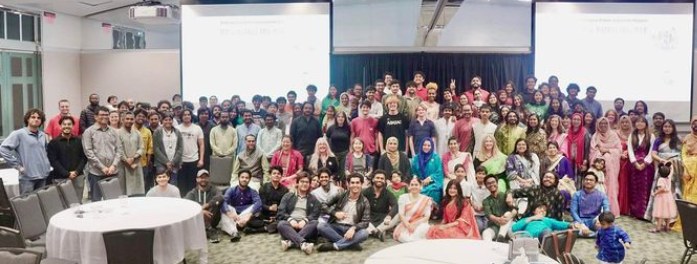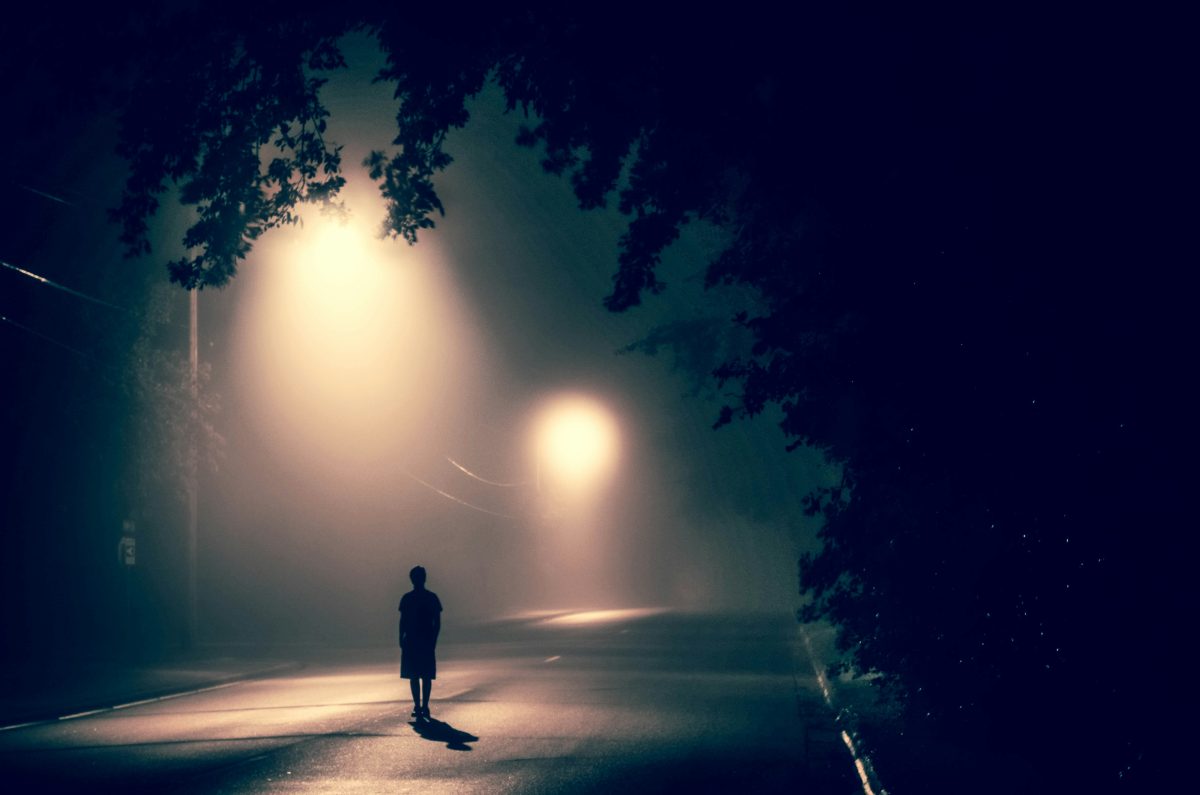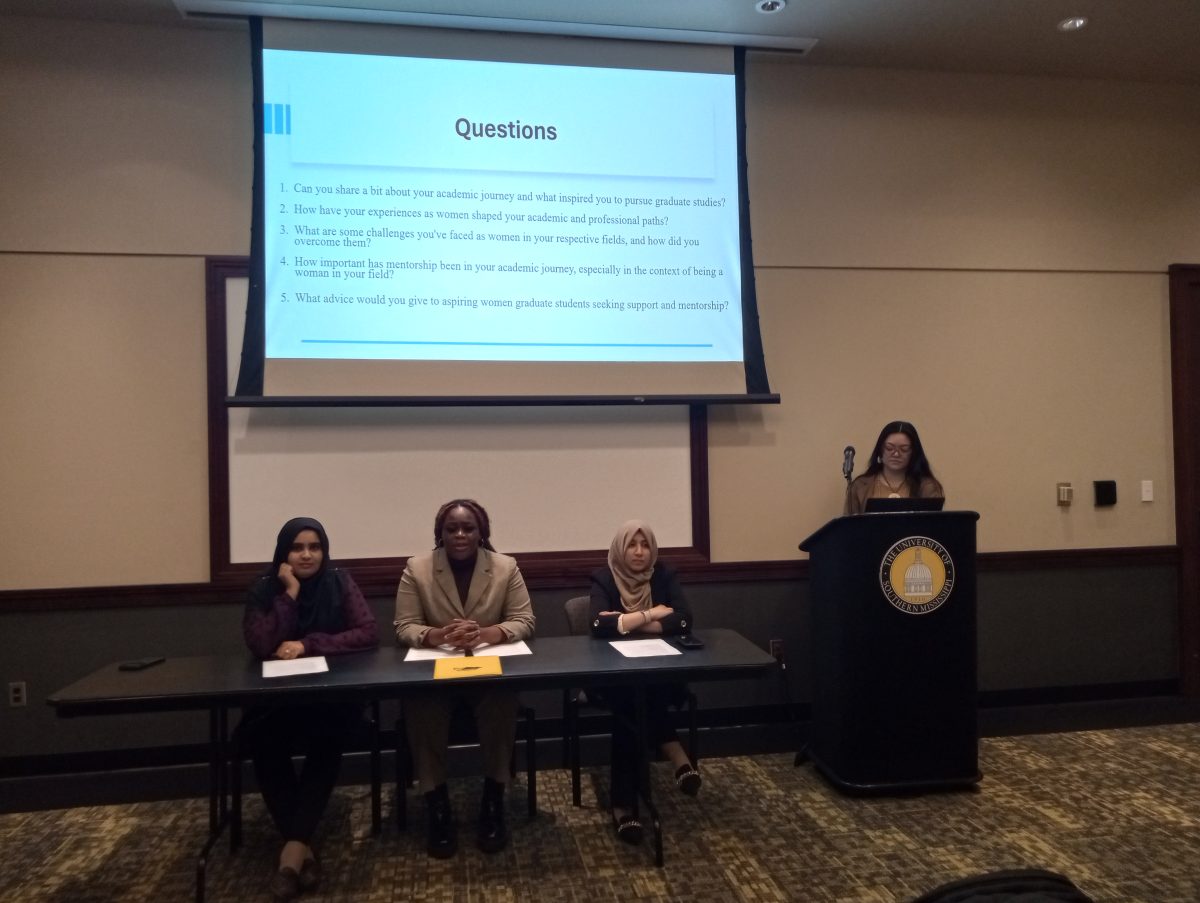There are many aspects to Southern schools that differentiate them from the rest of the world. Because of the rich history and distinct culture of the South, places like The University of Southern Mississippi are able to offer unique courses discussing African Americans, their history and how they interact with the criminal justice system and vice-versa.
The School of Criminal Justice at Southern Miss now offers a unique class that incorporates the history of and relates the African-American community with the criminal justice system. The course, CJ 480, is called The African-American Criminal Justice Experience and is new to the Hattiesburg campus.
Southern Miss is the only institution to offer this class.
“The course is very special,” said assistant professor in the School of Criminal Justice and instructor of the course Charles Scheer. The course is said to examine the history and also special topics between the criminal justice system (police, courts and corrections) and the black community.
In the spring of 2013, Scheer and three students, Keturah Minor, Alexis Hall and Mack Thompson, from his Criminal Justice Ethics class met to discuss the idea of offering a course that linked the African-American perspective with the criminal justice system.
“They helped me develop ideas for the course as a sort of ‘focus group,’ and the course was put together after those discussions,” Scheer said. Scheer said he does not know why the course is just now being offered, but the students are showing a unique interest in the material.
After the recent racial incidents throughout the country, the course helps students understand these situations.
“It seems to be a class that is important in light of some of the events that are happening between police and African-American communities,” Scheer said.
“My expectations are to develop a better understanding of the issues occurring and how we can deal with them differently,” said Stephanie Redd, junior criminal justice major who is enrolled in the course.
Scheer describes the first part of the class as a rundown of the major developments in African-American history since the Jim Crow era as they pertain to the criminal justice system.
“Many of these events that took place are about conflicts with the system: the fight for laws to protect rights, conflict with the police, and in the ‘80s and ‘90s—which we call the Second Civil Rights movement—a new sense of pride and a continued fight for respect,” Scheer said.
The second half of the course will cover individual issues.
“The issues we talk about are connected to these events, like racial profiling, high incarceration rates and police legitimacy,” Scheer said.
“This is a big issue now because many Black communities feel the criminal justice system is against them and does not represent them in a legitimate manner. This is a big problem in society right now.”
The course is in progress of developing a Legacy Program to be implemented into the community to change the relationship between the community and law enforcement.
Although the idea for the Legacy Program is what is being developed, it remains to be seen if any police agencies would be interested in actually implementing it.
The class is developing an exclusive program in which police officers would be engaged in mentoring students in public school systems to create a positive image of police in general, and also to begin a dialogue between two groups who rarely talk to one another about significant issues.
The idea of the program will be presented to police departments in May.
“When police go to schools, it’s always surface discussions, where I think the class is trying to create a program where police are actively involved in students’ lives by doing things like career and college planning and other deeper things,” Scheer said.
“This was created by the class itself through discussion and creative meetings they have had.”
Scheer and his students hope that an agency tries to implement these ideas so that it might actually result in improved relations. The department has built relationships with various local police departments, such as Gulfport Police, and hopes to convince these departments to agree with the Legacy
Program’s implementation.
Scheer will instruct the class, which focuses on projects and discussions. It is now being offered Mondays and Wednesdays at 3:30 p.m. with 50 students enrolled.
The course, offered as an elective this year, is open to any student, regardless of major.



































